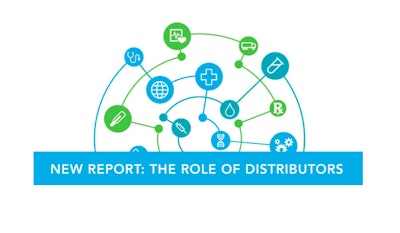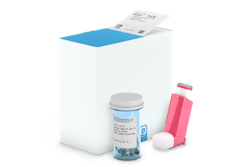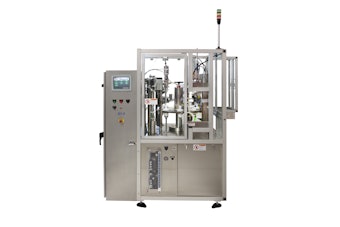
Distributors play a key role in delivering much-needed pharmaceuticals to the patients who need them. A new report published by the Healthcare Distribution Alliance (HDA) and Deloitte Consulting LLP looked at the value distributors provide to the U.S. healthcare ecosystem, estimating that pharmaceutical distributors generate between $33 and $53 billion in cost savings annually.
The report, The Role of Distributors in the US Health Care Industry, delves into the importance of wholesalers in driving efficiency and innovation across the pharmaceutical supply chain — both today and over the next several years.
Core services and new services
Distributors play a critical role in the pharmaceutical supply chain by consolidating manufacturer orders, delivering products to pharmacies, processing returns and maintaining the infrastructure to manage customer relationships.
These core services enable patient access to necessary medications and treatments by supporting pharmaceutical manufacturers upstream and providers and pharmacies downstream.
In addition, distributors work alongside the U.S. government and other healthcare stakeholders to maintain the integrity of the pharmaceutical supply chain, so patients receive the right products in the right doses, safely and securely. Distributors’ core services amplify value in the healthcare ecosystem by increasing operational efficiency, providing inventory management and bearing financial risk.
Additionally, pharmaceutical distributors have expanded their offerings to include value-added services including:
-
Offerings that their independent pharmacy partners depend on to compete and effectively serve their communities. This includes franchising programs, consulting and technology services and supplying over-the-counter drugs and general merchandise products.
-
Generic sourcing programs to reduce the cost of pharmaceuticals for patients. Distributors have invested in these programs and formed partnerships with retail chains to aggregate their buying power and help reduce the price of generic pharmaceuticals in the industry. These programs, in combination with other factors, have contributed to decreases in generic drug prices.
-
Hub services to benefit patients and manufacturers. These programs may include patient and administrator education, sample and adherence program administration, benefits investigation and verification, and co-pay support and/or prior authorizations.
“In a policy environment in which healthcare affordability is top of mind, the latest Role of Distributors report highlights the numerous savings our industry provides, while supporting our supply chain partners,” said Greg Drew, RPh, Chairman of the HDA Board of Directors and President of Value Drug Company. “The value our industry brings to the healthcare system enables our partners — from independent pharmacists in rural communities to pharmaceutical innovators finding the next breakthrough treatment — to focus on what they do best, which ultimately benefits millions of patients nationwide.”
The report also covers several trends that are likely to impact distributors, including: continuing industry consolidation and integration, the emergence of personalized care, advances in technology, the entrance of non-traditional competitors into the pharmaceutical industry, and rising public scrutiny. These trends will likely alter distributors’ future business models as they seek to enhance and expand their traditional sources of revenue. Moreover, the report explores the possible future role of distributors in the industry, which will likely be driven by the growth of specialty pharmaceuticals, the continued rise of value-added services, and potential legislation to regulate pharmaceutical pricing.
“From the first report in 2004, to analyses released in 2007 and 2011, The Role of Distributors has charted how the distribution industry has adapted to a rapidly shifting healthcare landscape,” said John M. Gray, President and CEO,HDA. “Beyond the business of delivering lifesaving medications to hundreds of thousands of providers safely, reliably and efficiently, distributors are constantly innovating to serve industry partners and others as the market transforms.”
The Role of Distributors in the US Health Care Industry is available as a complimentary download through the HDA website. Additionally, HDA and Deloitte will be highlighting key report findings through a webinar on August 6 from 1:00-2:00 p.m. (Eastern). For more information and to register, click here.
To learn more about the safety, reliability, efficiency and pharmacy support distributors provide to the healthcare sector, communities across the country and American patients, visit www.HealthDelivered.org.






















